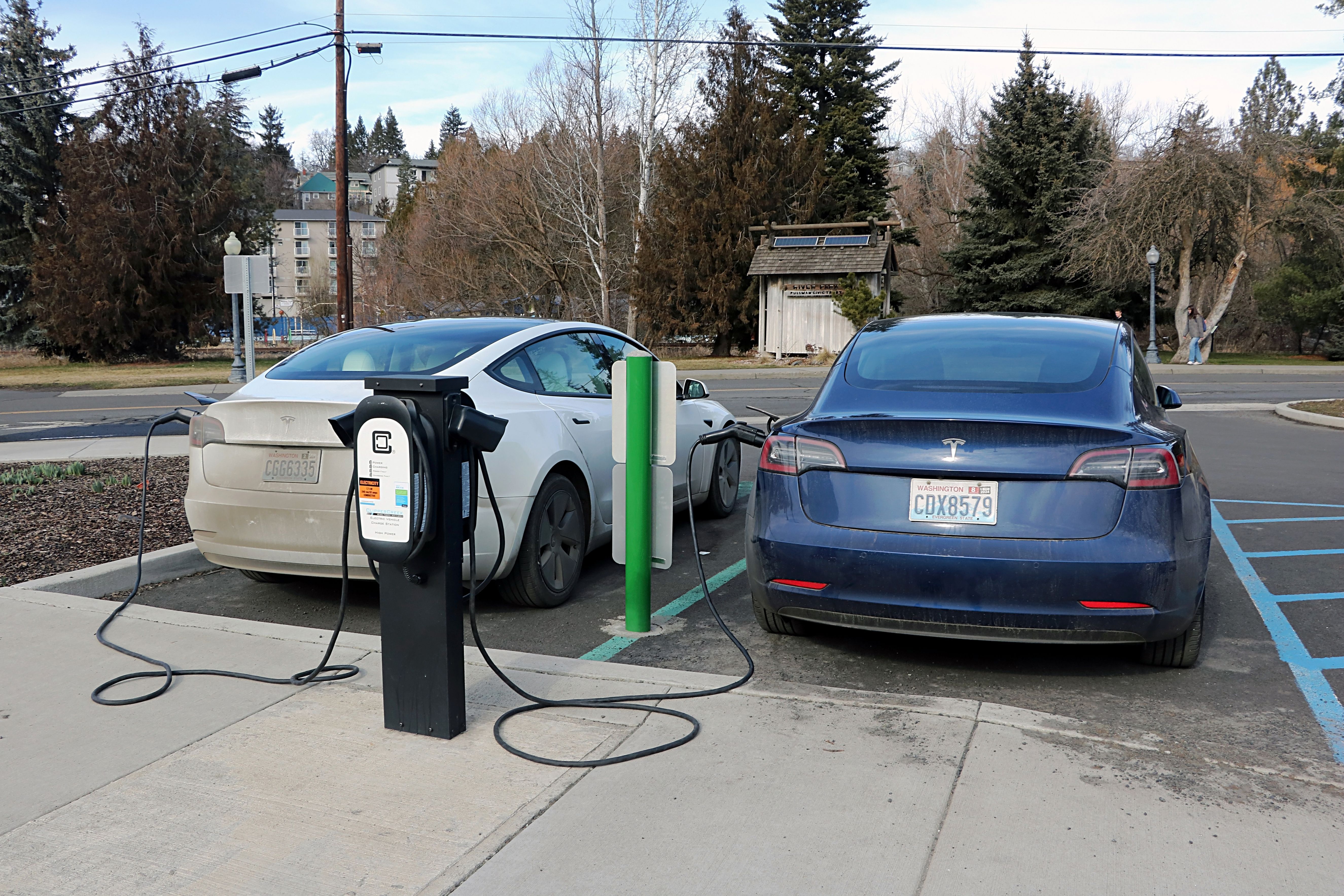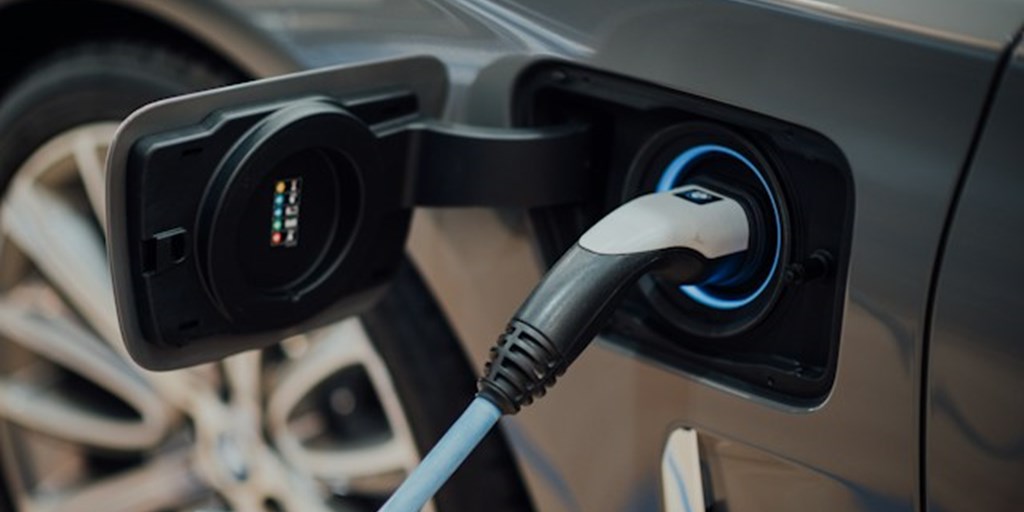The Future of Electric Vehicles and Why You Should Buy EV Charging news Now
The Future of Electric Vehicles and Why You Should Buy EV Charging news Now
Blog Article
New Dope in EV Charging: Exactly How the Industry Is EVolving to Meet Demand
As the electric vehicle (EV) market proceeds to increase, the billing facilities is undertaking significant transformations to attend to the rising demand. The ramifications of these innovations elevate important questions about the future of EV charging and its duty in the more comprehensive power ecological community.
Development of Billing Facilities
The quick growth of electrical lorry (EV) billing facilities is an important part in helping with the extensive fostering of electrical flexibility. As federal governments, exclusive companies, and consumers increasingly recognize the significance of minimizing carbon discharges, financial investments in billing networks have actually risen. This framework development is important to alleviate range anxiety, guaranteeing that EV users have convenient access to charging terminals.
Substantial advancements accountable station technology and deployment strategies have emerged. Urban locations are seeing a spreading of public billing terminals, while country areas are progressively being incorporated into the charging network. Furthermore, collaborations between vehicle manufacturers and charging companies are ending up being much more typical, assisting in the facility of extensive networks that enhance individual experience and accessibility.
Furthermore, the assimilation of renewable resource sources into billing stations is obtaining energy, advertising sustainability in the EV environment. This transition not just supports environmental objectives yet additionally straightens with the climbing need for green power remedies among customers.
Ultra-Fast Charging Technologies
Ultra-fast billing modern technologies stand for a substantial leap onward in the EV charging landscape, making it possible for electrical cars to reenergize in a fraction of the time contrasted to traditional billing approaches. These advancements normally deliver power degrees going beyond 150 kW, with some systems reaching up to 350 kW or even more, considerably reducing billing times to as little as 15-30 minutes for a significant charge.
Secret making it possible for technologies consist of innovations in battery chemistry, power electronics, and thermal monitoring systems. As an example, high-capacity batteries with enhanced thermal security permit faster charging without overheating. Furthermore, growths in billing infrastructure, such as liquid-cooled cords and modular billing terminals, facilitate effective power transfer, improving the total customer experience
Major vehicle manufacturers and innovation companies are proactively investing in ultra-fast billing networks, recognizing the vital function they play in conquering range anxiousness and accelerating the adoption of electrical lorries. As these innovations become more extensively readily available, the EV market is anticipated to witness significant development, making electrical mobility an extra attractive choice for consumers. In general, ultra-fast charging innovations are pivotal in shaping the future of sustainable transport, leading the way for a much more substantial and reliable billing ecosystem.
Smart Grid Integration

With need feedback approaches, clever grid systems can adjust billing timetables based upon grid problems and electricity rates. Throughout periods of high need, charging can be delayed to off-peak hours, content resulting in lower costs for customers and decreased strain on the grid. Furthermore, vehicle-to-grid (V2G) technologies allow EVs to release energy back right into the grid, improving and offering ancillary solutions grid stability.
Assimilation with renewable power sources better increases the sustainability of EV charging. By lining up billing activities with durations of high solar or wind generation, smart grids advertise a greener billing infrastructure. Ultimately, clever grid assimilation not just supports the growing demand for EVs yet likewise adds to an extra durable and lasting power future, positioning the sector for long-term success.
Battery Advancements
Among the rapid evolution of electrical vehicles (EVs), battery advancements stand at the leading edge, driving developments in efficiency, efficiency, and sustainability. As the demand for EVs surges, scientists and makers are focusing on boosting battery technologies to deal with challenges such as array stress and anxiety and charging times.
Lithium-ion batteries stay one of the most extensively used innovation, yet new materials and chemistries are emerging to enhance power thickness and longevity. Solid-state batteries, as an example, guarantee greater energy storage capability and improved safety and security by replacing liquid electrolytes with solid ones. you could look here This change can significantly decrease the threat of fire and raise the lifespan of batteries.
Additionally, innovations in battery reusing processes are crucial for sustainability. Companies are creating methods to recoup valuable products like lithium, cobalt, and nickel from made use of batteries, advertising a circular economic climate and minimizing ecological effect.

International Billing Specifications

Efforts are underway to establish worldwide billing standards that assist in compatibility among different EV designs and charging terminals. Organizations such as the International Electrotechnical Compensation (IEC) and the Society of Automotive Engineers (SAE) are working collaboratively with automotive manufacturers and energy carriers to create extensive guidelines. EV Charging news. These requirements objective to streamline the charging procedure, decrease the need for numerous adapters, and boost customer experience
Moreover, standardization can considerably boost the development of the billing network, as it urges investment by making infrastructure advancement extra effective and predictable. As the EV market develops, a unified approach to billing standards will be essential for guaranteeing that consumers can bill their lorries comfortably and accurately, thereby supporting the wider transition to sustainable transportation.
Final Thought
The electric lorry charging market is undergoing significant transformation to resolve the surging need for lasting transportation. Improvements in billing infrastructure, ultra-fast modern technologies, smart grid combination, and innovative battery services are crucial in improving customer experience and operational effectiveness.
Urban areas are seeing an expansion of public charging stations, while country regions are progressively being integrated right into the billing network. Additionally, growths in billing facilities, such as liquid-cooled cables and modular charging stations, help with effective power transfer, enhancing the general individual experience.
In general, ultra-fast charging modern technologies are pivotal in shaping the future of lasting transport, leading the method for a more considerable and reliable charging ecosystem. - EV Charging news
By aligning billing tasks with periods of high solar or wind generation, smart grids promote a greener billing infrastructure.Efforts are underway to establish worldwide billing criteria that help with compatibility among different EV versions and charging stations.
Report this page